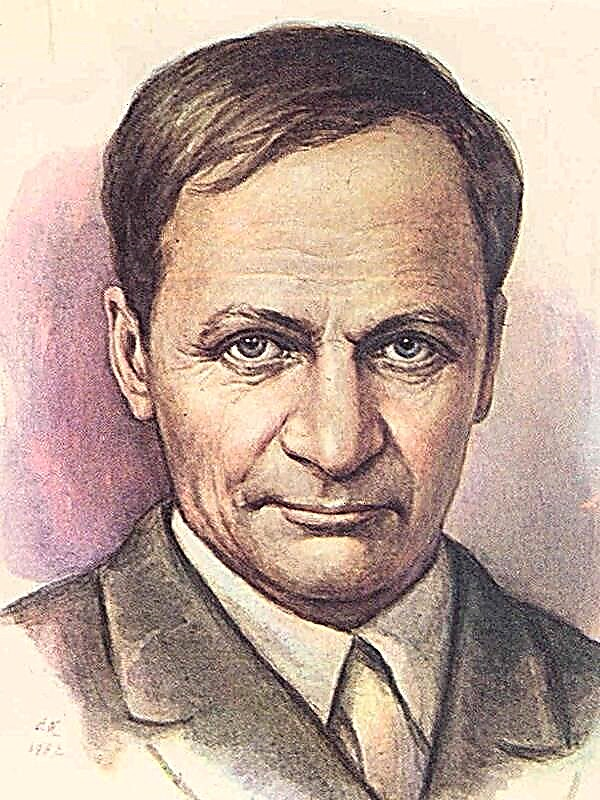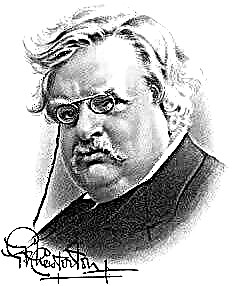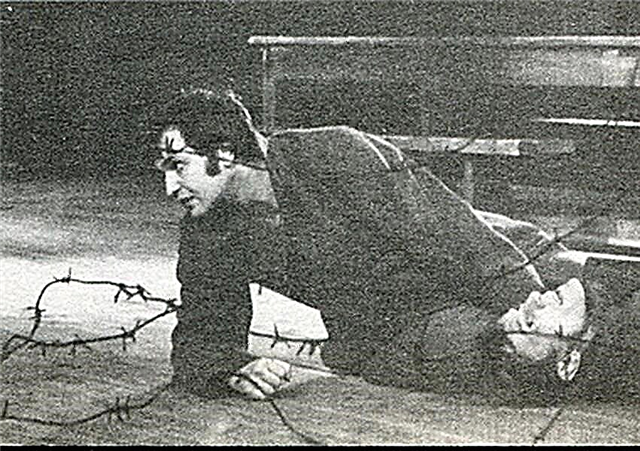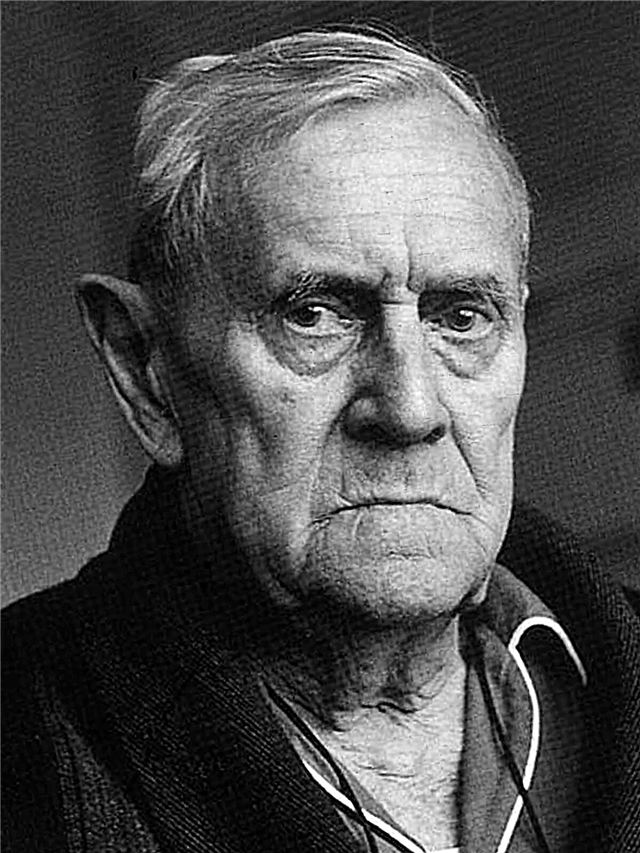Alexander Sergeevich Pushkin quite often in his poems addressed the theme of poet and poetry, the theme of creativity. It's no secret that he was one of the first to earn money from his poetry and turned his passion into a profession. In the poem “The Conversation of the Book Seller with the Poet”, the lyrical hero expresses a very precise idea: “Inspiration is not for sale, but the manuscript can be sold,” thereby justifying the masters of the word who earn their gift.
History of creation
The poem was written during the stay of A.S. Pushkin in Mikhailovsky. Initially, it was conceived as a preface to the novel in the poems "Eugene Onegin."
After the resignation, the poet writes a letter to his friend Kaznacheev, where he declares that thanks to his work he earns much more than when he was in the public service. Later, Alexander Pushkin creates this poem, which lays the same thought.
Genre, direction and size
During the stay of A.S. Pushkin in Mikhailovsky, a turning point in the work of the author. The poem "The conversation of the bookseller with the poet" marks the transition from romanticism to realism. The desire for a better world is replaced by the desire to reflect reality.
The poem is written in an unusual form of dialogue between the bookseller and the poet. The replicas follow one after another. The poetic text is written in four-foot iamba with cross rhyming (abab).
Images and Symbols
The bookseller and poet who talk among themselves are two sides of Pushkin himself. Book seller is ready to buy a poem from the poet. In his opinion, for a creative person, writing poetry is fun. So why not combine business with pleasure and start selling your works ?!
- The poet recalls those times when he wrote with inspiration and did not look for a fee for his poems.
- The bookseller emphasizes that everything has changed for the author from the moment he became famous. Now many want to buy his works.
- The Creator declares that it is better to be unknown to anyone. For him, fame is more a punishment than a reward.
- To which the publisher replies that Zhukovsky and Byron thought the same, however, this did not stop them from making money on their work. Does the poet really have no one to whom he could devote his poems?
- To which he replies that there is no need to disturb the heart. The poet had a lover who rejected him. He emphasizes that if he wrote for her, then only she could understand the meaning of his text, but he was hidden to the public. The creator who has left the light and his muse wants to choose freedom.
- To which the bookseller replies that in this century, freedom and money are interconnected. The poem ends with a non-rhyming line, where the poet agrees to the proposal of his interlocutor.
This dialogue can be interpreted allegorically: the seller is the devil, the poet is the bright side, or one personifies harsh reality, and the second - sublime dreams. Pushkin is closer to the second option, because it was not from a good life that he began to look for additional income. These are the realities of the time: either you doom yourself and your family to bread and water, or you are looking for a way to provide them, partly sacrificing your interests. Alexander Sergeyevich was a responsible person; he would not allow himself to leave his family and his reputation in the millstone of abstract ideas.
Themes and moods
The main themes of the poem:
- the importance of creativity in the life of a poet,
- perception of creativity as a way of earning,
- freedom of creativity.
The creator also talks about the difference in worldviews and vocations, which are sometimes forced to coexist in the same mind. For the poet, his poem is an expression of his inner experiences. For a book seller, this is a product that can be profitably sold, while earning good money.
The mood of the work is harmonious, soothing. The author is reconciled with the need to earn money on what he writes.
Main idea
The poem emphasizes that the poet is forced to act as time dictates to him, this is the meaning of the poem. And if creativity brings a good income, why not take advantage of it. However, this does not mean that the creator at the same time abandons his principles and writes to order something that contradicts his inner convictions. He remains true to himself.
The main idea of the work is that you need to be able to compromise, find the answers to the most important questions in yourself, without embarrassment of frank recognition. Sometimes it’s worthwhile to think about whether it’s right to stay in dreams without surfacing? Indeed, in reality you are not alone in the world, you need to reckon not only with your desires, but also with your obligations towards loved ones and the same society.
Means of artistic expression
The text is teeming with trails. Among them are epithets:
- “Wonderful dowry”;
- “Wonderful sounds”;
- “Sweet gifts”;
- "The river is quiet."
Metaphors:
- "Feast of imagination";
- the personification of "the soul preserves."
Metonymy: "eyes read."












